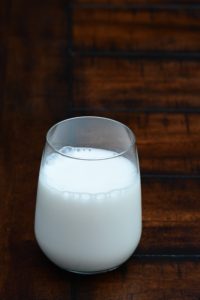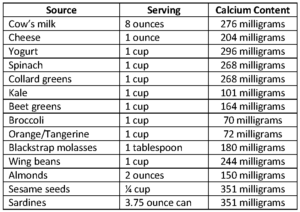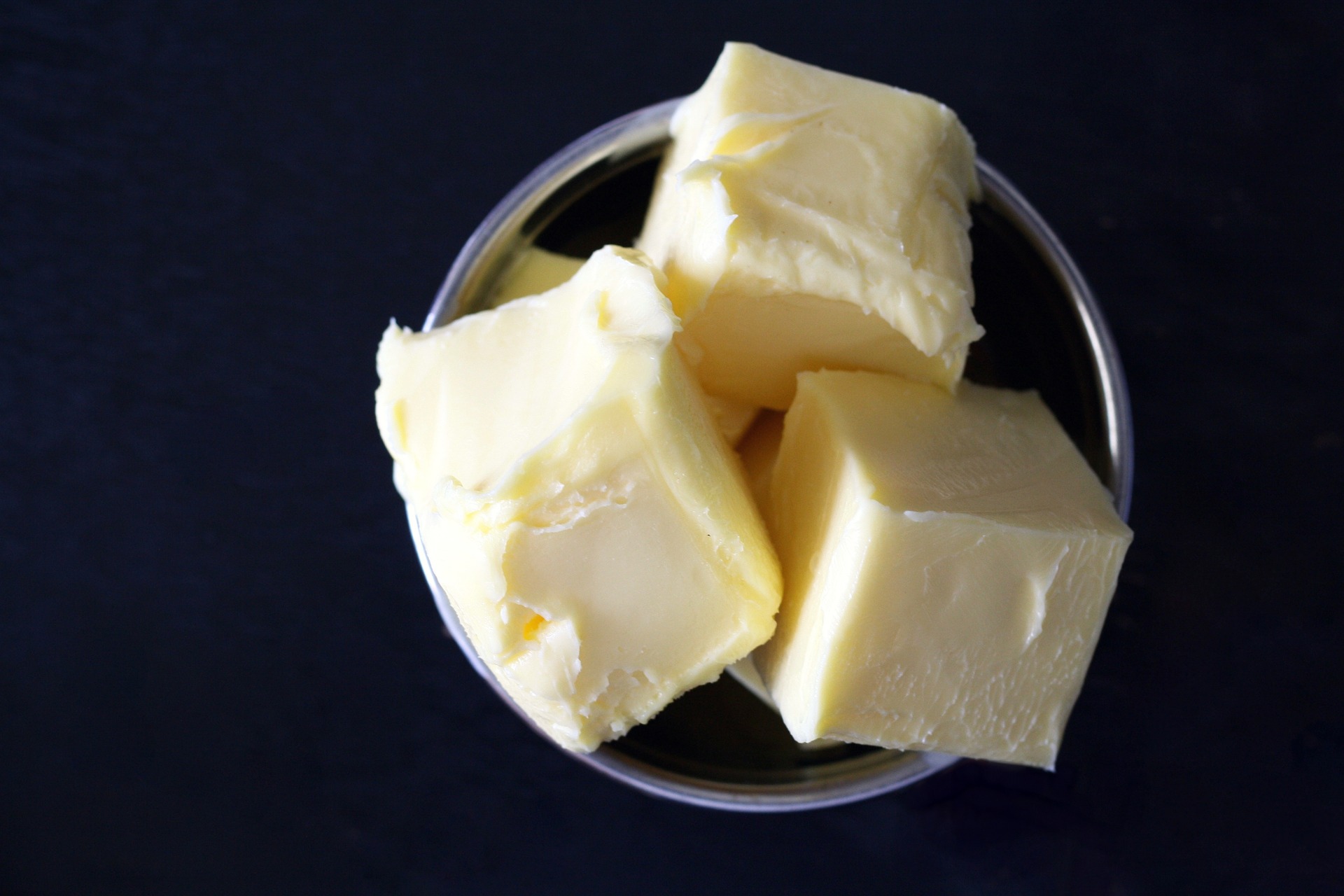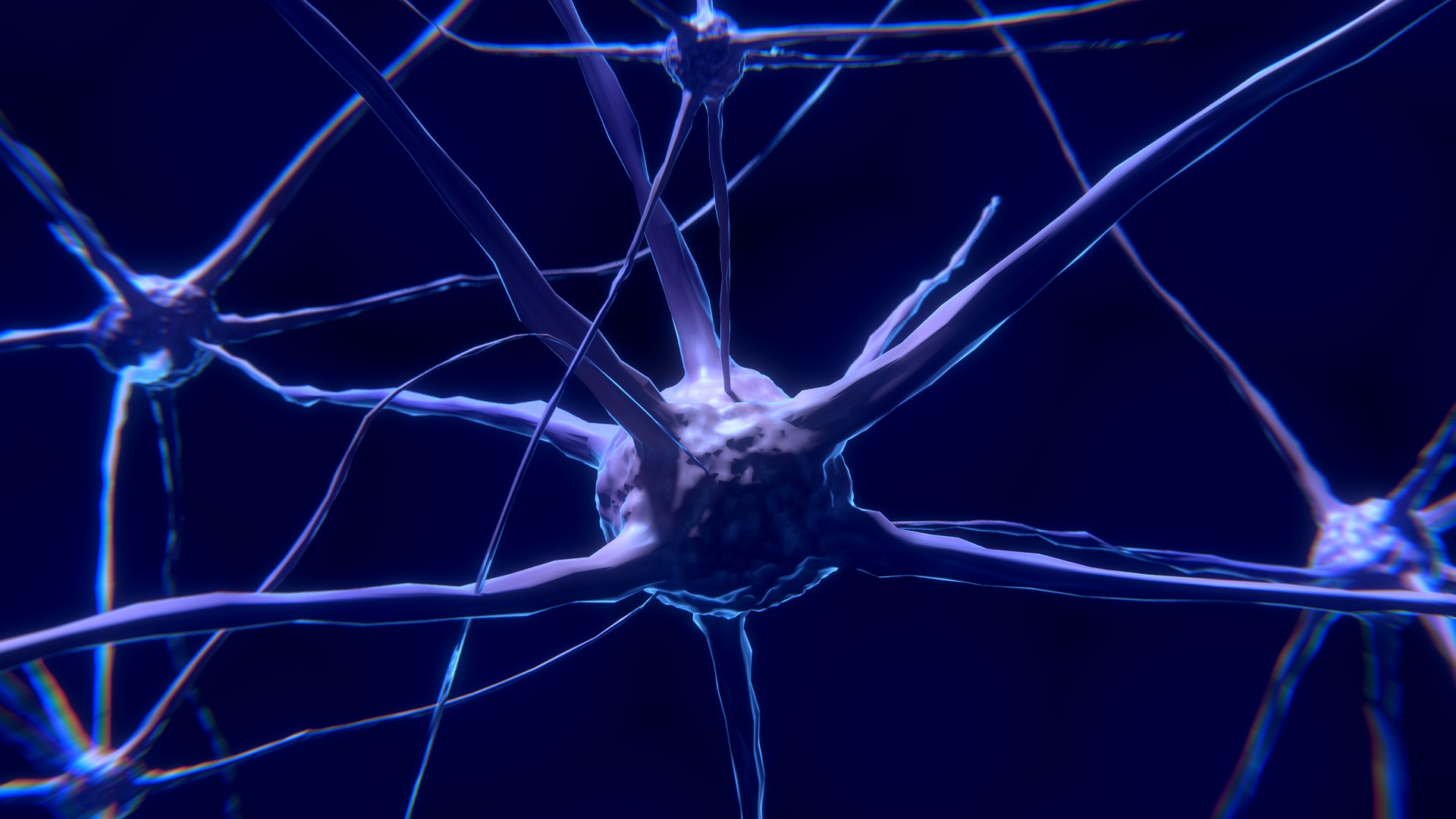
“Milk. It does a body good.”
“Got Milk?”
“All you need is cheese.”
“Have you had your dairy today?”
“Milk looks good on you.”
These successful marketing campaigns have made us believe that dairy is good for our health and needed to build strong bones. Dietary Guidelines for Americans recommend 2-3 cups of dairy every day [1] as part of a healthy diet. I grew up thinking that dairy was good for me and developed a strong affinity to cheese – cheddar, jack, feta, edam, blue cheese, havarti, mozzarella, provolone, cotija, parmesan… everything was better with cheese!
But is it really healthy?
Sometime between the ages of 2 and 5, most humans naturally stop producing the enzymes needed to properly digest the sugars and proteins in dairy products. As much as 65% of the world’s population is unable to digest them [2]. For many, it can lead to bloating, weight gain, acne, autoimmune disease, cancer and more.
Milk is one of the most inflammatory foods we eat today. In many people, it causes digestive issues like bloating, gas, constipation, and diarrhea. And people don’t even realize that milk is the cause of their symptoms.
The more I work with clients and the more I study nutrition, I’ve noticed that dairy does not necessarily do a body good. Many of my clients are finding they feel better without dairy. By eliminating dairy, the digestive issues, acne, headaches, brain fog, sinus congestion, frequent colds, seasonal allergies and joint pain have disappeared.
Milk is not so good for our bones
Milk is an acid forming food. To compensate, our body pulls calcium (and other minerals) from our bones to restore pH balance. This pull leaves our bones more susceptible to fractures and breaks. In fact, countries with the lowest dairy consumption (like Africa and Asia) have the lowest rates of osteoporosis. While those with the highest dairy consumption and calcium intake had the highest rates of fractures [3].
In the famous Harvard Nurses’ Health Study, they followed more than 72,000 women for 18 years. Results indicated that those who consumed calcium from dairy broke more bones than those who rarely drank milk. In fact, the study showed that there may be an increased risk of fractures by 50 percent. There have been many other studies too that show there is no link between increased calcium intake and bones – too many to list (here is one: https://www.bmj.com/content/349/bmj.g6015) .
Milk and Cancer
Milk contains as many as 60 different hormones, many of which are designed to cause cell growth, including cancer cells. There have been many studies that have shown that dairy consumption is a big risk factor for hormone dependent ovarian, uterine, breast, testicular and prostate cancers [4].
Recommendations:
-
Get your calcium from other food sources (see chart).
-
Exercise is one of the most effective ways to increase bone density and decrease risk of osteoporosis.
-
Get outside and soak up the sun for a healthy dose of vitamin D, which helps your body absorb the calcium from your food.
-
If you really want the texture and flavor, try goat and sheep dairy. Or you can try yogurts, cheeses and milks made from almonds or coconuts.






